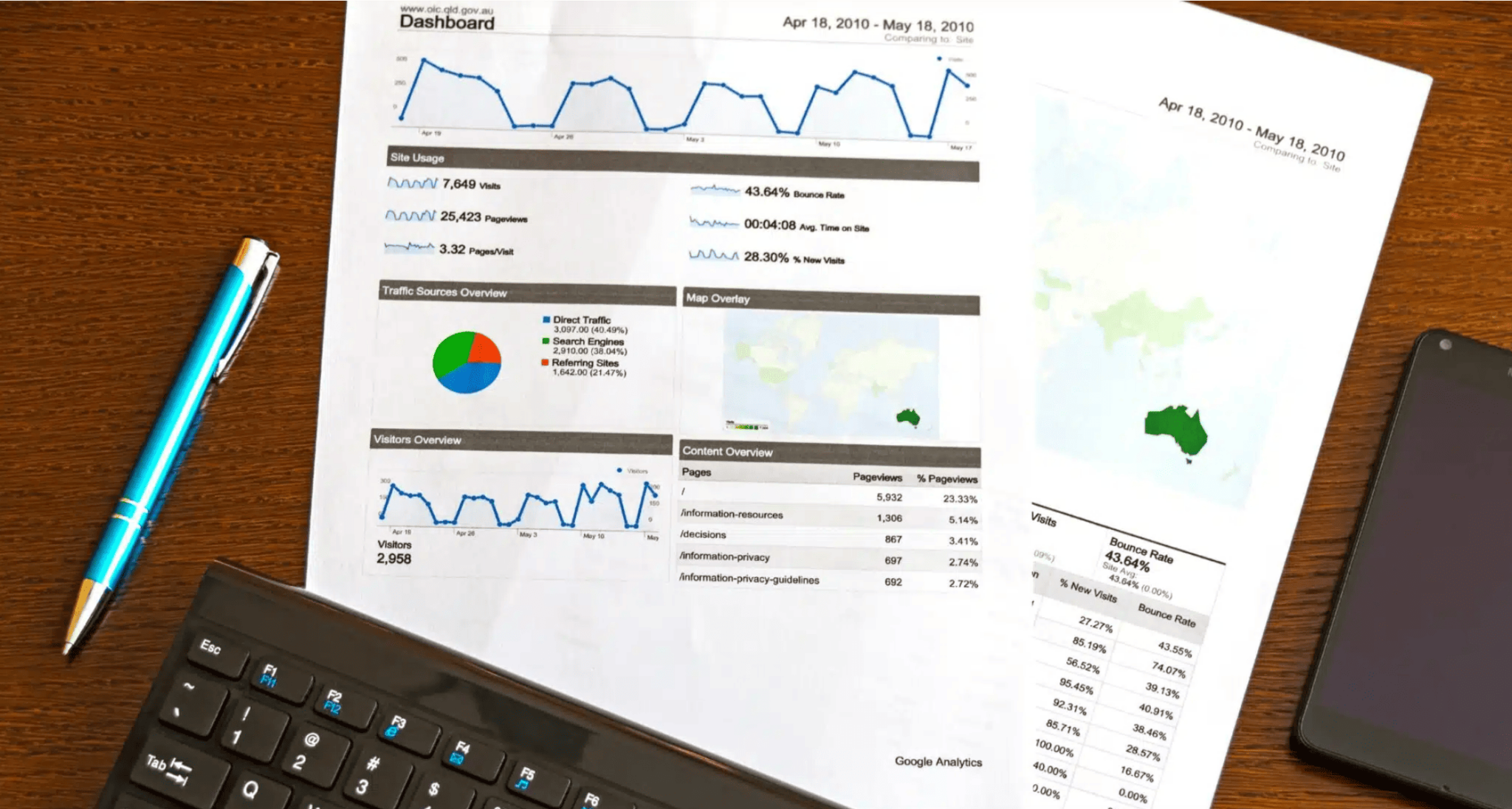The forex market is the largest and most active financial market in the world. It operates 24 hours a day and facilitates the exchange of currencies. One key aspect that makes forex trading efficient is liquidity. But what does liquidity mean, and why is it essential in forex markets?
In this context, liquidity refers to the ease at which a trader can buy or sell any given currency pair. This is, of course, without significantly altering its price. With high liquidity, there are faster transactions and, additionally, steady prices. Low liquidity, on the other hand, makes trading slower because trading cannot rapidly react to sharp price movements.
Understanding liquidity in forex is important before embarking on a forex trading venture. This includes being familiar with why it matters and how it can influence your decisions.
Why Liquidity Matters in Forex Trading
Liquidity plays a central role in forex trading for several reasons. First, it directly affects trading costs. High liquidity leads to low spreads. Conversely, low liquidity often results in wider spreads, increasing trading expenses.
Liquidity also guarantees price stability. When there are enough buyers and sellers, prices move in small, predictable steps. Stability allows traders to easily plan their trades, thus maximising their potential. For example, major currency pairs like EUR/USD and GBP/USD are highly liquid. This makes them popular among traders.
Another important reason why liquidity is relevant is that it affects trade execution. In a liquid market, orders are filled much faster. This is primarily because there are always participants willing to buy or sell. As a result, traders can enter or exit positions at their desired price points. Low liquidity, however, can cause slippage. This is where trades are executed at a different price than expected.
Finally, liquidity is crucial in times of market turmoil. A deep liquidity can absorb an enormous amount of trade with less volatile movement of prices. This is important for institutional traders who have to deal with large sums of money. If the liquidity is too low, the market will get wild and unpredictable.
Factors That Determine Liquidity in Forex
There are a number of factors that determine liquidity in the forex market. These include:
Trading Sessions
The Forex market operates in four sessions, which are the London, New York, Tokyo, and Sydney sessions. The liquidity is always maximum during the overlap of the London and New York sessions. The major financial hubs are operational during these hours, and trading volume considerably increases.
Type of Currency Pair
Major currency pairs are more liquid because they deal with commonly traded currencies. This kind of pair attracts traders around the globe. They make sure there is a steady flow of action in the forex market. Exotic currency pairs are less liquid since they deal with uncommonly traded currencies.
Economic Data Releases
Market events, announcements of interest rates, GDP reports, and employment data also have a bearing on liquidity. Before major announcements, traders may avoid placing large trades to temporarily decrease liquidity. Following the release, liquidity typically increases as traders react to the news.
Market Participants
The forex market participants are not of one type. They include banks, hedge funds, retail traders, and central banks. Major institutions are vast contributors to the liquidity of markets because they trade in large volumes. Retail traders, much smaller in scale, also provide liquidity.
Geopolitical Events
Events such as political turmoil or natural calamities may affect liquidity levels. A feeling of uncertainty may deter traders from trading, thereby causing low liquidity. However, stable geopolitical conditions have a positive effect on encouraging more activity.
Risks of Low Liquidity in Forex
Low liquidity in the forex market may present several risks for traders, including:
- Wide Spreads: The difference between the price of buying and selling becomes wide in a low-liquidity market. This adds to the cost of trading, making it less profitable for a trader, especially the short-term ones.
- Slippage: This, within forex, refers to when you execute a trade at a different price than expected. This usually happens in low-liquidity markets, where there is not enough buying or selling interest to match your order. Slippage can have a big impact on your trading results, especially during volatile times.
- Price Gaps: A case of low liquidity will certainly open up price gaps, wherein there is an apparent and immediate jump in a currency pair’s price. More often than not, this occurs after major news releases and when markets open. With that said, a price gap might bring about unexpected losses to traders with open positions.
- Large Order Execution Difficulty: A trader who deals in large volumes faces difficulty in executing his order in a low-liquidity market. This is because there is a lack of sufficient counterparts to absorb the trade size. Hence, they have to face delays or adverse prices.
How Traders Can Leverage Liquidity
Traders can use liquidity to their benefit by adopting smart strategies along with understanding market dynamics. Here are some tips which will help you make the most out of the concept of liquidity in forex trading.
Trade During High-Liquidity Hours
The best time to trade is during high-liquidity periods. Within these periods, trading volumes are high, spreads are tight, and price movements are stable. This creates a favourable environment for both short-term and long-term traders.
Choose the Right Broker
Your choice of a forex broker can have a significant impact on your trading experience. Look for brokers that offer tight spreads, fast execution speeds, and guarantee your safety. For example, this website provides the best recommendations to save you time spent conducting lengthy and overwhelming research.
Focus on Major Currency Pairs
Major currency pairs have high liquidity and lower trading costs. They are perfect for beginners because they are less volatile. They are less susceptible to sudden price fluctuations. That doesn’t mean you should disregard other types of pairs, such as Exotics. They have become lucrative despite carrying lower liquidity. You just need to know the right time to invest in them.
Use Limit Orders
Limit orders enable you to state the price at which to buy or sell a currency pair. During any liquid market, this order will always have your trade executed at your price. This helps minimise the risk of slippage during volatile periods.
Track Economic Events
Keep informed about future economic events that may affect liquidity. For example, central bank meetings or employment reports may temporarily reduce liquidity before increasing afterwards. This informs you about the timing of your trade so you may avoid the risk of experiencing low liquidity.
Diversify Your Trading Strategy
Diversification is the secret to managing the challenges of liquidity. Such is combining the short-term and long-term strategies to adapt to various conditions of liquidity. Scalpers will benefit when there is high liquidity, but a swing trader can function under any liquidity condition.
- Broker
- Min Deposit
- Score
- Visit Broker
- Award-winning Cryptocurrency trading platform
- $100 minimum deposit,
- FCA & Cysec regulated
- 20% welcome bonus of upto $10,000
- Minimum deposit $100
- Verify your account before the bonus is credited
- Fund Moneta Markets account with a minimum of $250
- Opt in using the form to claim your 50% deposit bonus
Learn to Trade
Never Miss A Trade Again

Signal Notification
Real-time signal notifications whenever a signal is opened, closes or Updated

Get Alerts
Immediate alerts to your email and mobile phone.

Entry Price Levels
Entry price level for every signal Just choose one of our Top Brokers in the list above to get all this free.




